Communicating Risk in Public Health Emergencies (WHO)
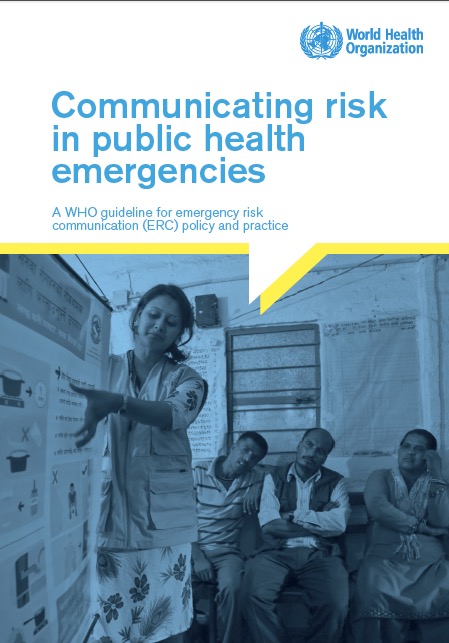 This WHO guide for emergency risk communication (ERC) policy and practice provides overarching, evidence-based guidance on how risk communication should be practiced in an emergency. The recommendations also guide countries on building capacity for communicating risk during health emergencies.
This WHO guide for emergency risk communication (ERC) policy and practice provides overarching, evidence-based guidance on how risk communication should be practiced in an emergency. The recommendations also guide countries on building capacity for communicating risk during health emergencies.
Source: Communicating Risk in Public Health Emergencies (WHO)

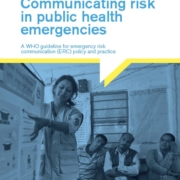
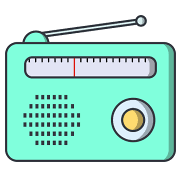
 This radio spot addresses the topic: “Why avoid direct contact during an Ebola outbreak?”, and is produced in 5 languages (French, Swahili, Kikongo, Lingala and Tshiluba).
This radio spot addresses the topic: “Why avoid direct contact during an Ebola outbreak?”, and is produced in 5 languages (French, Swahili, Kikongo, Lingala and Tshiluba).
 This radio spot addresses the topic: “Can a woman cured of Ebola still breastfeed her children?”, and is produced in 6 languages (French, Swahili, Kikongo, Lingala, Tshiluba and Kinande).
This radio spot addresses the topic: “Can a woman cured of Ebola still breastfeed her children?”, and is produced in 6 languages (French, Swahili, Kikongo, Lingala, Tshiluba and Kinande).
 This radio spot addresses the topic: “How are carriers involved in Ebola prevention?”, and is produced in 6 languages (French, Swahili, Kikongo, Lingala, Tshiluba and Kinande).
This radio spot addresses the topic: “How are carriers involved in Ebola prevention?”, and is produced in 6 languages (French, Swahili, Kikongo, Lingala, Tshiluba and Kinande).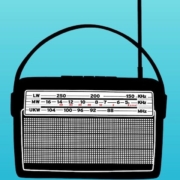
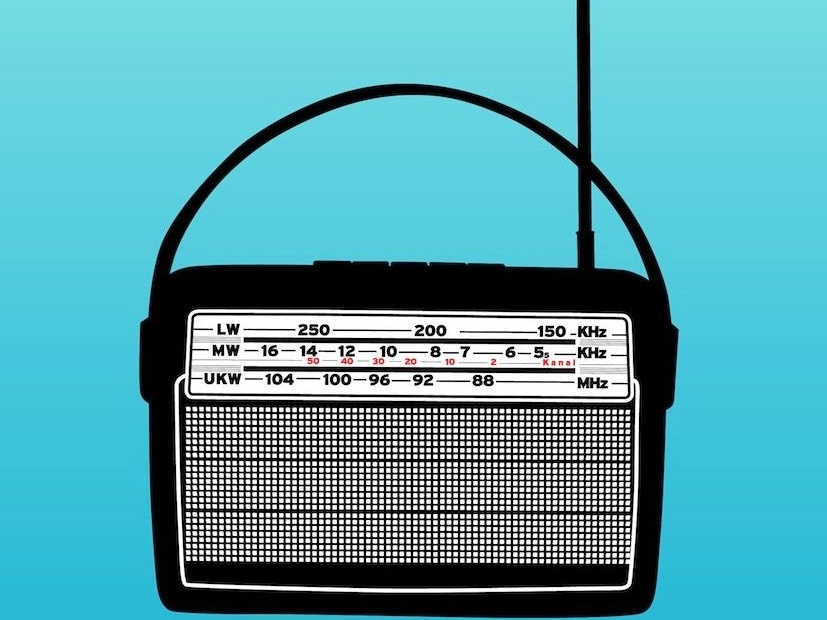 This radio spot addresses the topic: “Can an Ebola patient be cured?”, and is produced in 6 languages (French, Swahili, Kikongo, Lingala, Tshiluba and Kinande).
This radio spot addresses the topic: “Can an Ebola patient be cured?”, and is produced in 6 languages (French, Swahili, Kikongo, Lingala, Tshiluba and Kinande).
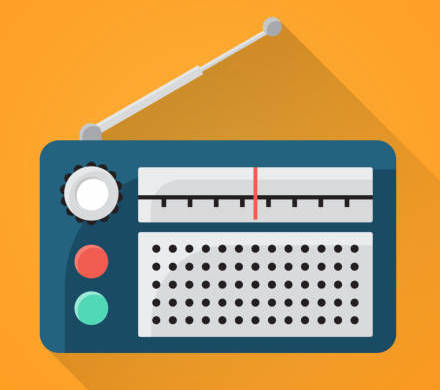
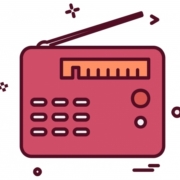
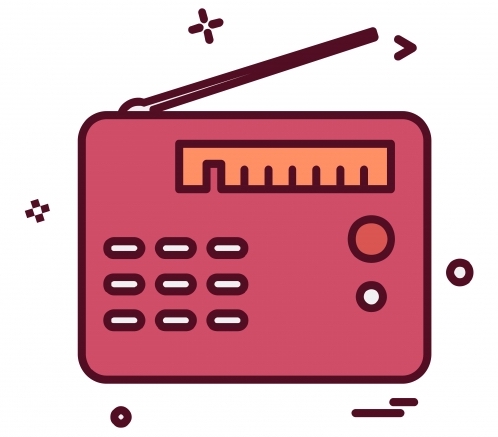 This radio spot addresses the topic: “What are the effects of Ebola virus on babies of pregnant women during and after recovery?”, and is produced in 6 languages (French, Swahili, Kikongo, Lingala, Tshiluba and Kinande).
This radio spot addresses the topic: “What are the effects of Ebola virus on babies of pregnant women during and after recovery?”, and is produced in 6 languages (French, Swahili, Kikongo, Lingala, Tshiluba and Kinande).